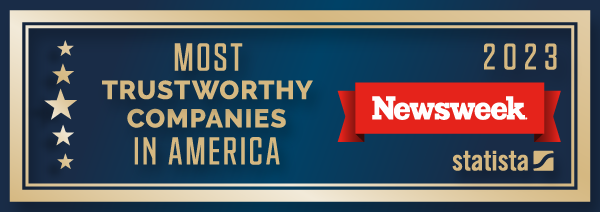What is a bank’s role in community financial literacy?
Note: This article was written by Community Bank Senior Vice President of Retail Banking Hal Wentworth and was originally published in the Central New York Business Journal on July 29, 2019.
Financial literacy is defined as possessing the financial expertise needed to make healthy financial choices. It’s a topic that is extremely important for all ages, but often can be overlooked. As a financial institution, how can a bank contribute to the financial literacy and continued learning of its customers and its community? The need is apparent, making it a perfect time to reflect on this topic.
Financial literacy isn’t about being able to understand complex balance sheets or becoming an expert in wealth management. It’s truly about learning how take on your everyday financial decisions responsibly — from learning how to effectively budget and manage your checking account to understanding how credit cards work and staying out of debt. No matter what your level of financial expertise is, there is always room to learn more.
Financial literacy is important to the continued success of any community and something that can constantly be improved. As a financial institution, banks play an important role in promoting this ideal. We have our finger on the pulse of our communities, and we know the opportunities and are invested in the future. There’s no better way to demonstrate that a commitment than through the promotion and encouragement of financial literacy and continued life-long learning.
The impact of financial literacy is far reaching and can help the economy stay healthy and continue to grow. It can lead to a stronger local economy, more local businesses, and increased spending.
Financial literacy is all about having the knowledge and understanding to make informed and effective decisions about your finances. Therefore, improving financial literacy starts with education.
This is especially true when it comes to children. Financial-literacy programs for students are an important tool to improve the financial capability of our youth and communities. As a trusted money partner to the communities we serve, banks should provide educational tools and resources to help equip the next generation with the knowledge to lead fiscally responsible lives.
That includes partnering with schools to help educate students in varying grades on making spending decisions, the value of money, and the difference between want and need. It’s important to help our neighbors make sound financial decisions through all stages of life.
Banking is rooted in people. The decisions we make with customers can have a profound impact not only on their lives, but on our community. In the end, banks are people helping people, and it’s important to understand the potential impact a bank can have. When our communities succeed, we all succeed.





